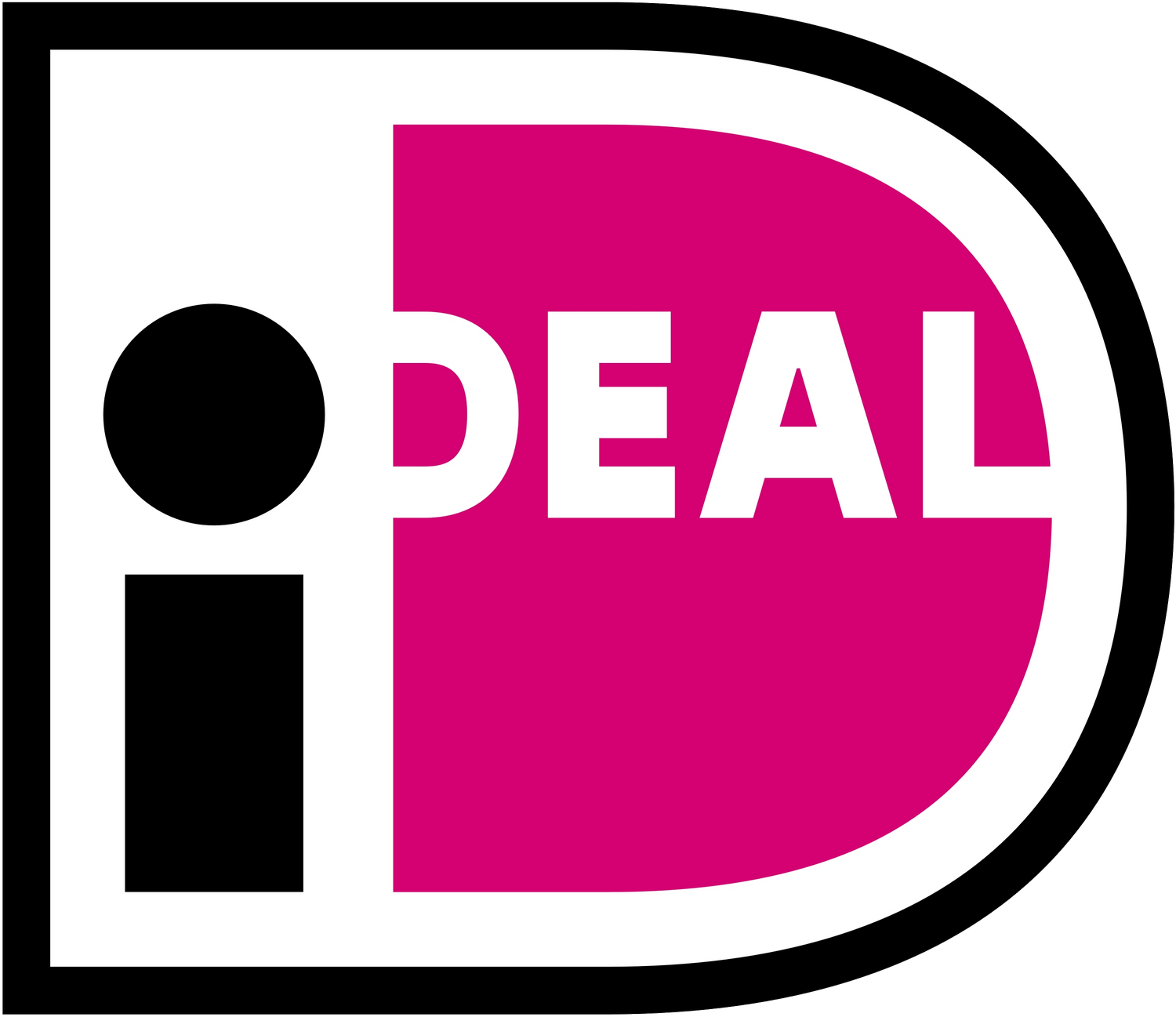Women's dresses for every style from IVALO.COM
Dresses are the best-selling category of women's clothing at IVALO.COM online store, which says a lot about the importance of dresses to their users.
Always choose sustainable dresses that speak to you, feel comfortable on you and add a touch of cheer to your everyday life and celebrations. A dress is a personal and strong garment that, at its best, can give you a lot.
Whether it's an easy everyday dress or a glamorous party dress, we got you
At IVALO.COM you'll find the most adorable women's party dresses and everyday dresses. Our online shop offers stunning designer dresses for the important moments in your life, whether it's a wedding or a work occasion.
Our selection also includes a wide range of smaller designer clothing brands, whose dresses are designed and made in small production batches - sometimes even made to order just for you. This means you get a personalised garment made to the highest quality standards.
IVALO.COM's stunning range of ethical and eco-friendly women's dresses includes charming liver dresses, floral dresses, summer dresses, linen dresses, cocktail dresses, evening dresses, college dresses, long-sleeved dresses, shirt dresses and stunning silk dresses. We also have a wide range of domestic dresses.
Dress is a versatile garment
A dress is one of the most popular and versatile pieces of women's clothing. It can be a short mini-dress, a mid-length midi-dress or an ankle-length maxi-dress. Dresses come in both with patterns and plain colours. A black dress is a favourite for many as it is effortless and versatile.
There are models for every style and occasion: from chic fitted dresses to flowy relaxed dresses. Dresses are a favorite for both everyday and occasion wear. The most trusted dresses can even be adapted for both by changing accessories.
How do I find the right dress for me?
There is a wide range of women's dresses available and choosing the right one can sometimes be a challenge. There are a few things to consider when choosing the right dress.
The first is the occasion. Is it a formal event? A friend's wedding? Or a more casual gathering of friends? The nature of the occasion will somewhat limit your options. Sometimes the invitation will also specify a dress code.
Next, consider your own style. What kind of dresses do you usually feel most comfortable in? Do you prefer a fitted or looser fitting dress? Consider both your body type and your personal taste when making your choice.
The weather and the time of year also play a part in determining your choice of dress. If it's a warm day, go for a lighter, breathable fabric. Cotton or linen are great choices for a summer dress. If it's cooler outside, choose a long-sleeved dress or one made from a thicker material. For winter wear, a knitted dress is a wonderfully warming choice. A quality knit dress will also last for years of use, as long as you look after it properly.
Comfort is number one when shopping for a dress. Choose materials that feel good on you and don't restrict your movement too much. And remember - whatever you choose, as long as you feel confident and comfortable in your dress, you'll look great!
What kind of dress suits my body type?
It can be difficult to identify the best dress for your body type, as there are so many different styles and designs available. Here are some tips on how to find the perfect dress for your body type.
The idea behind dressing for your body type is to highlight the best parts of your body. Traditionally, body types are divided into five categories: A-body, also known as the pear (smaller upper body and curvier hips), O-body or apple (rounded midsection but often with slender legs), X-body or hourglass (lower and upper body are the same size and the waist is narrower), Y-body (broader shoulders and narrow hips) and H-body (fairly straight with no particular emphasis on the waist).
Dresses for the pear-shaped (A-body type)
For the A-body, a knee-length or ankle-length dress is flattering. A mid-calf hem may undesirably accentuate the widest part of the legs. Good styles include A-line dresses or wrap dresses. A boat neckline is a flattering option. You can also try a dress with ruffles or pleats at the top. Or try pairing the dress with a short jacket to add volume to the top and take the attention away from the hips.
Dresses for the apple body (O-body type)
The typical apple body has narrow legs, slender ankles and wrists. When dressing an apple-shaped person, the aim is often to give the waist a little shape. An O-body looks beautiful in a dress that reveals the wrists or legs and gives shape to the waist, such as a wrap dress. An empire-line dress can also be a good choice.
Dresses for the hourglass body (X-body type)
If you have an hourglass body, try a wrap dress that nicely accentuates the waist. Fitted dresses also work nicely for the X-shape and will show off your body shape beautifully. For the Y-shape, V-necks are flattering, for example, to balance out the shoulders. If you have an H body type, you can add shape with a belt or bell sleeves, for example.
Remember that body type dress recommendations are, as the name suggests, only recommendations and do not have to be followed. The most important thing is that you feel comfortable in your dress and find one that suits your unique style and personality.
How to combine a dress with other clothes?
A dress is the chameleon of your wardrobe and can be paired in countless ways with different outfits. What you choose to wear with a dress depends on the design and style of the dress, the nature of the occasion and of course your own taste. For example, you can try the following combinations:
You can throw on a cardigan, sweater or blazer to add warmth. Shorter jacket styles are the easiest to pair with a dress, but long jackets will also work, as long as you keep in mind the length of the skirt. For a more relaxed look, try pairing a jeans jacket or leather jacket with the dress.
Tights are of course a natural pair for the dress, but for a trendy look, pair the dress with straight or wide-leg trousers or casual jeans.
For a party, heels or sandals are a good choice. For the office, pair the dress with leather ankle boots or loafers. For a more casual look, you can choose comfortable sneakers or chunky boots to go with the dress.
You can change the look of the dress from occasion to occasion by changing the accessories. Try pairing it with different scarves, jewelry or bags to boldly create different styles. Choose clothes and accessories either tone to tone or play around with contrasts.
Order sustainable, ecological and ethical women's dress online
IVALO.COM is an online shop for sustainable fashion, where you can order women's dresses online quickly and easily. We offer only ethically made dresses.
Each brand we sell is assessed for sustainability using the IVALO.COM 360 sustainability validation. You can easily check the product information to see how the dress manufacturer takes into account the different aspects of sustainability and what materials are used in the dress.
IVALO.COM's customers dress favorites include brands such as Enteliér, Saint Body, Kaiko, Nakoa and Larsuu, among others.




































































































